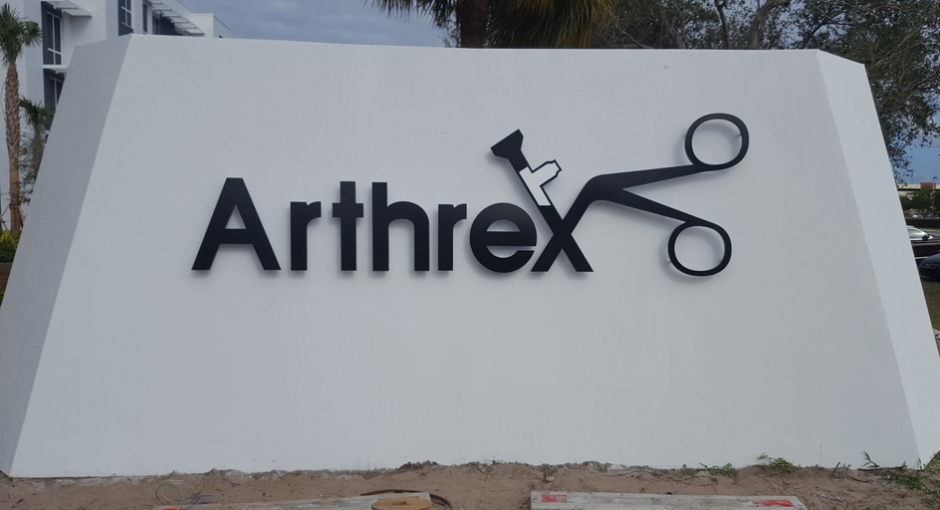A U.S. Supreme Court decision in late June about the appointment of federal administrative patent judges (APJs) could influence the outcome of several ongoing lawsuits over the 340B program’s administrative dispute resolution (ADR) process.
On June 21, the high court issued a fractured ruling in United States v. Arthrex, a case over the constitutionality of the U.S. Patent and Trademark Office (PTO) Patent Trial and Appeal Board (PTAB).
PTAB judges are appointed by the PTO Director, a post requiring Senate confirmation. 340B ADR board members similarly are appointed by the U.S. Health and Human Services (HHS) Secretary, who too is confirmed by the Senate. Also, PTAB decisions, like 340B ADR board decisions, are final executive branch actions, appealable to federal courts.
In Arthrex, five of the nine Supreme Court justices agreed that PTAB judges’ decisions could not be enforced because, under the U.S. Constitution’s Appointments Clause, the judges are “inferior” officers, and they were exercising power reserved for “principal” officers nominated by the President and confirmed by the Senate. Seven justices agreed that the solution was not to strike down the law that created PTAB. Rather, they said the remedy was to send the patent dispute at the heart of the case to the PTO Director, a principal officer, as a final check on the PTAB judge’s decision.
“Under these circumstances, a limited remand to the director provides an adequate opportunity for review by a principal officer,” Chief Justice John Roberts wrote.
Drug manufacturers Eli Lilly and Sanofi’s lawsuits challenging HHS’s 340B contract pharmacy requirements also challenge the 340B ADR board’s constitutionality, on Appointments Clause grounds like those raised in the Arthrex case.
In Lilly’s case, a federal district judge in March issued a preliminary injunction to stop 340B ADR proceedings against it brought by community health centers and HIV/AIDS clinics being denied 340B pricing on Lilly drugs when they use contract pharmacies. The judge, however, cited the likelihood that Lilly would ultimately win on statutory grounds, not on its constitutional arguments, in granting the injunction.
Pharmaceutical Research and Manufacturers of America (PhRMA) is suing HHS and HRSA over the 340B ADR process, saying it is both illegal and unconstitutional. It cited the Supreme Court’s Arthrex decision in a July 26 brief in its case.


